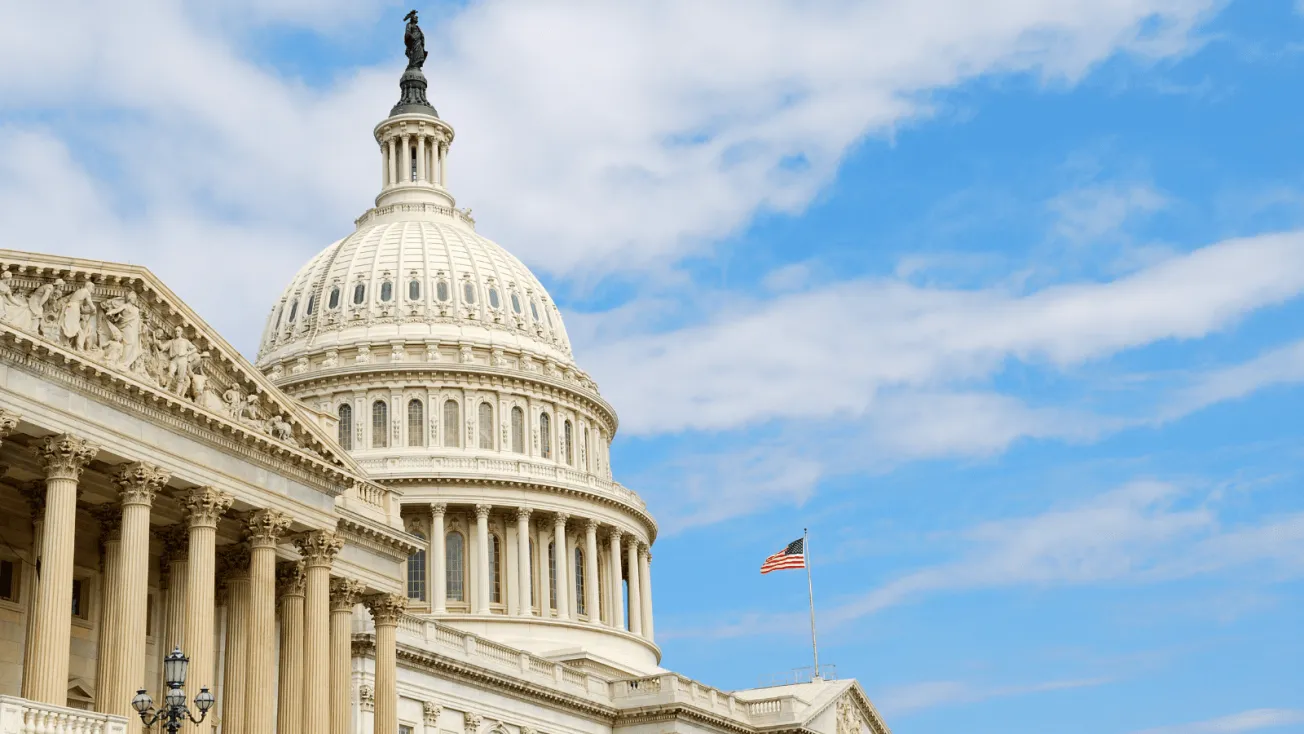NEW YORK — Kroger Co.’s proposed deal to acquire Albertsons Cos. has galvanized opposition from the supermarket retailers’ biggest unions and others, including the attorneys general in three states and the District of Columbia, who filed lawsuits claiming that the deal runs afoul of antitrust and consumer protection laws.
Opponents assert that completion of the merger would curtail grocery competition in many markets, leading to higher prices and lower wages.
“The merger should be blocked, as it would harm workers, consumers and communities,” the United Food & Commercial Workers (UFCW) Local said in a letter sent earlier this month to Lina Khan, chairwoman of the Federal Trade Commission. The letter was co-signed by more than two dozen organizations, including seven UFCW local chapters representing more than 100,000 employees of the two supermarket chains.
The letter, first seen by Reuters, also urged the FTC to immediately investigate Albertsons’ “unusual” $4 billion dividend to shareholders on November 7, which the authors said would leave the company “largely depleted of liquid assets” and “unsustainable as an ongoing concern.”
The dividend payment is part of Kroger’s $25 billion offer for Boise, Idaho-based Albertsons. In announcing the deal, Kroger said the combined companies would be more competitive with the likes of Walmart, Amazon.com and Costco Wholesale Corp. Together, Albertsons and Cincinnati-based Kroger would control around 13% of the U.S. grocery market.
The National Grocers Association (NGA), which represents independent grocers, also weighed in with a statement decrying the proposed deal.
“A merger of the nation’s top two grocery chains should raise serious questions about a single supermarket giant gaining unprecedented dominance over the nation’s food supply chain,” said Greg Ferrara, NGA’s president and chief executive officer. “A merger would not only put smaller competitors at an unfair disadvantage, but also increase anticompetitive buyer power over grocery suppliers, which ultimately would harm consumers.”
Kroger said it anticipates about $1 billion of annual cost savings within four years of the deal closing.
“Our strategy will always be to continue to get costs out of the business and then turn around and give some of that to the customer, and certainly in this inflationary environment it’s even more important to try to help support the customers’ budget,” Rodney McMullen, Kroger’s chairman and CEO, told CNBC on October 14, the day the proposed deal was announced.
“We have a great track record of merging with companies — I call them reverse synergies — in terms of things that they do awesome and bring into the whole company,” McMullen said. “Everybody can learn from each other on how do you get the best of both, and we have a strong track record of being able to do that with several previous mergers and expect to do the same with Albertsons, because they have great talent, great leadership, and they do some things amazingly well, and we’ll be able to share those ideas and take it even to the next level for the customers and our associates.”
McMullen acknowledged that buying Albertsons triggers major antitrust risks. While antitrust officials might relish the creation a bigger rival to Walmart’s dominant position in the grocery market (18% at the start of the year, according to Numerator), the regulators are expected to demand store divestitures, particularly in markets like Seattle and parts of California where Kroger and Albertsons are the principal competitors, before signing off on the deal.
The deal is expected to close in early 2024 if it’s approved by the FTC and the Department of Justice and survives any court challenges.
The Democratic attorneys general in California, Washington, Illinois and the District of Columbia are suing Albertsons in an effort to stop the grocery chain from paying a nearly $4 billion dividend to its shareholders.
Those state officials were joined by Republican attorneys general of Arizona and Idaho in asking Albertsons to delay the payment.
Albertsons said the legal challenges are without merit. The company also said the dividend was approved by its board and should be paid whether or not regulators approve the merger. The company rejected the assertion that the dividend will hamper its ability to invest in its stores.
Kroger and Albertsons said they are willing to divest up to 650 stores to pass antitrust muster, and they propose an unusual spin-off structure if they can’t find buyers. The companies suggest they could divest some stores by placing them in a new company that will be owned by Albertsons shareholders. Analysts said the companies could struggle to find buyers because Albertsons’ stores are unionized, making them less attractive to private equity and other potential bidders.
McMullen told CNBC Kroger has been working with outside counsel on its approach to FTC regulators, and that the company believes that the merger will increase competition.
“If you look at the synergies that the combined companies will create, we will invest half a billion dollars, or $500 million, in lower prices for customers, and especially in this inflationary environment that’s a huge help. We also will spend $1.3 billion on customer experience, and create more solid jobs for our associates across the country, and obviously those are great union jobs. Between the two companies, we’ll have over 700,000 associates. So from all the work that we’ve done and working with our outside counsel, we really think and believe this will increase and improve competition looking forward.”
McMullen, who will remain chairman and CEO of the combined company, says the merger brings together two purpose-driven organizations to deliver superior value to customers, associates, communities and shareholders.
“Albertsons brings a complementary footprint and operates in several parts of the country with very few or no Kroger stores,” he said. “This merger advances our commitment to build a more equitable and sustainable food system by expanding our footprint into new geographies to serve more of America with fresh and affordable food and accelerates our position as a more compelling alternative to larger and nonunion competitors.”





